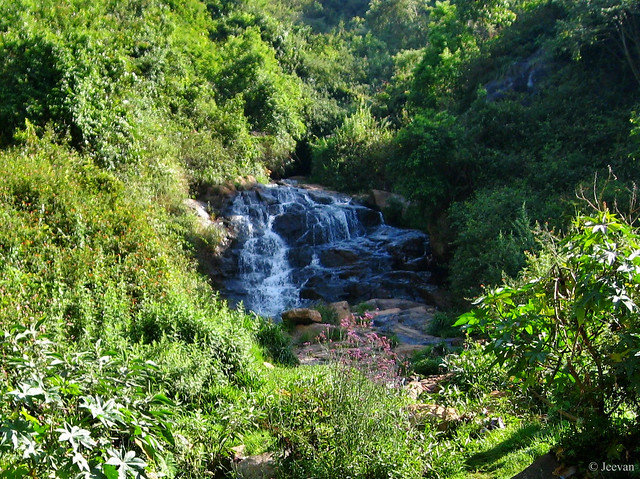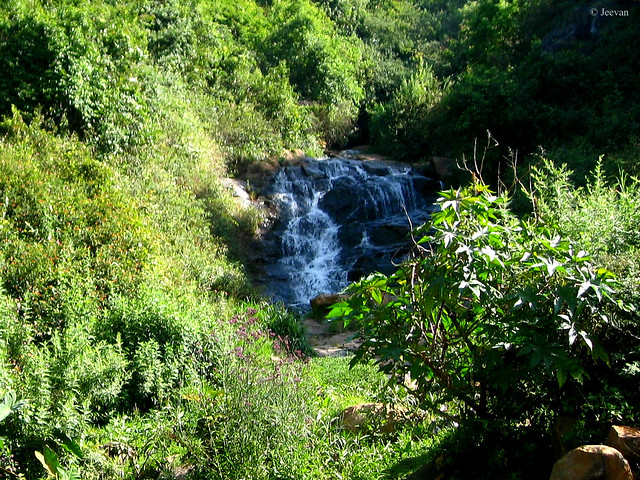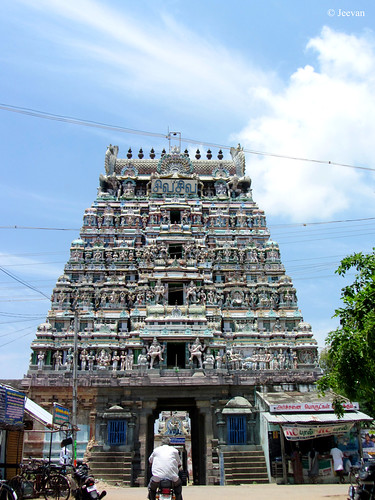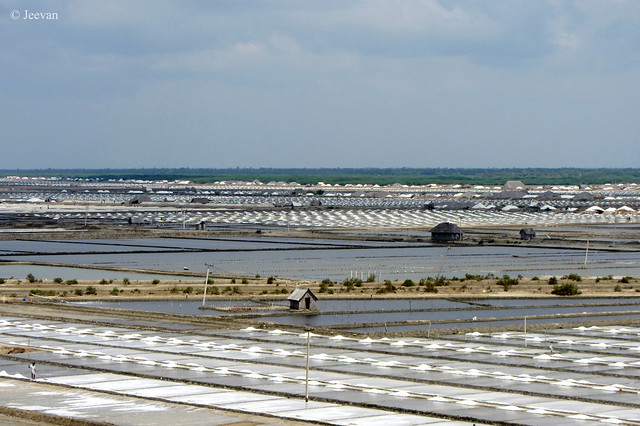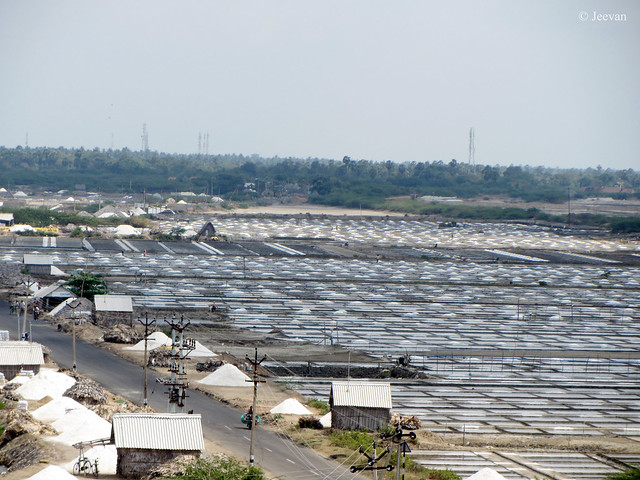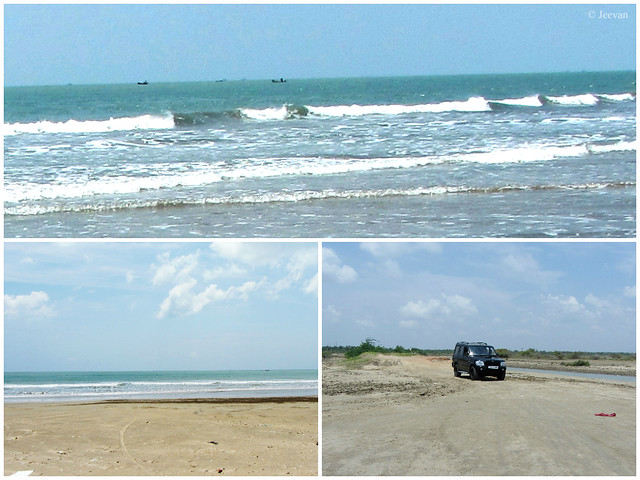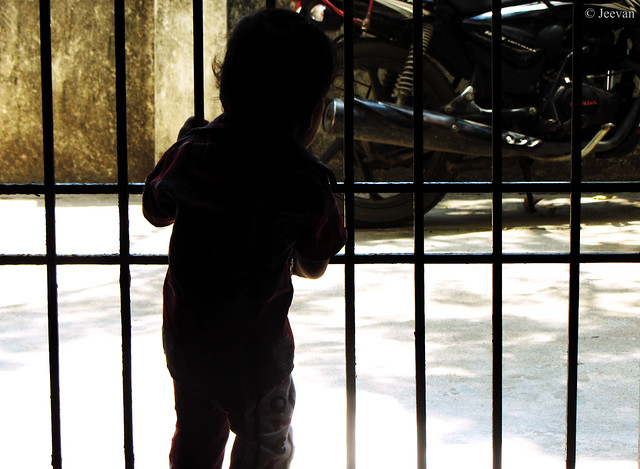Milk is an essential of life and
feeds no difference! Coming out of
mother’s feeding, milk has been the best source of nutrition for kids and also
easily digestible, it treats everyone (with no age difference) being a special
ingredient as beverage is open to varied flavours. For many, a day does not
begin without coffee or tea and to make it possible milk is the prominent.
Though they can be prepared using hot water, only milk seems to provide the
real essence of taste. I also don’t
drink coffee/tea without added to milk and we use about 1.5 litre of milk
everyday at home to make drink and curd and to feed our dog Maya.
Things being like that, the Aavin
(the trademark of Tamil Nadu Co-operative Milk Producers’ Federation Limited, a
Tamil Nadu-based milk producer’s union) have raised the price of milk up to 40
percent per litre which is ever so high in a single hike. It wouldn't have been
a matter of huge difference if the price was increased step by step (which
could be the right progress), but this couldn't be an easy task for people to
follow with low income. Being a consumer of Aavin since late 90s (when we
stopped getting raw milk from my grandfather's house as they themselves wasn't
sufficient with milk for their tea shop, because of the reduction of bulls they
reared, as their demand was also fulfilled by Aavin) we adapted to their
quality and quantity which has been content so far and suppose to be hopefully.
Though the hike doesn't seems to bother us much, will truly play a crucial role
on low income families. Just because we are affordable, can’t accept such huge
step that’s very difficult for others to come across and if the govt. itself makes
such a leap, there won’t be wonder if Pvt. overtakes them.
The price has risen within weeks
the Aavin stopped selling loose milk supplied through automatic vending
machines (AVMs) in Aavin booths. But the reality was the AVMs aren’t in
operation for long time and it’s only the staffs take the control of selling
loose milk using measures. The change in
the mode of supply is being done as a quality control measure as there have
been complaints of adulteration of the milk sold through these machines. The
organisation has chosen to do away with this mode which will cost them an
additional ₹1.25
crore per annum. Introduced by Aavin in late 1970s, AVMs has been big hit among
Chennaities as they provided an interesting experience, which I too enjoyed once,
as I find it fun dropping coins into the AVMs (after making line to the Aavin
booth to collect coins by paying at the counter) and fill our utensil with milk
flow through a pipe. Each coin let us hold half a litre of milk which was their
standard practice.
While back in Adyar, there’s an
Aavin booth near our house and we usually visit the booth in afternoon and
sometime wait in queue until the milk van come refilling the booth. Many of our
neighbours also join the queue and sometime I accompany my aunt on behalf our
family to buy milk. Mostly I like to go there to hold milk from the AVMs; even
I can't drop the coin at that height since I wasn't even a teen then, but
sometimes I have the chance to operate the automated machine if someone lifts
me up. Locally called as Button Paal (milk), because of the size of the coin
which used to drop into the AVM resembles the size of a button or 25 paisa
coin, can be brought either through Milk Cards or instant paying according to
our comfort. If milk has been in demand,
a person could buy only a litre of milk from the booth, so sometime parents
take us along with them to get additional coins or litres.
After shifted to neighbourhood
area, dad took the task of buying milk completely since there isn’t an Aavin
booth close to our house; so he used to buy milk while he drives back from office.
He also stopped using utensil, as it is
not possible while he was working he shifted to buy milk loosely in instant pack.
We don’t buy packet or sachet milk unless we couldn’t able to visit the booth and
now again back in Adyar and close to Aavin booth we had been buying milk
loosely in utensil but now things come to an end hence Aavin stopped selling
milk in loose and through AVMs from Oct
15. So we are quite depended on packet milk, but my only hope and wish was Aavin
sustains the existing quality and quantity.
